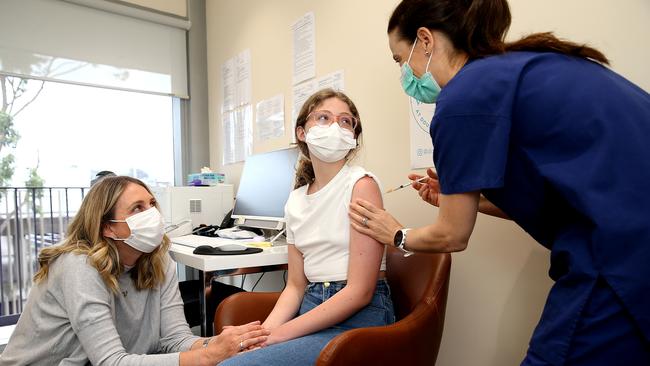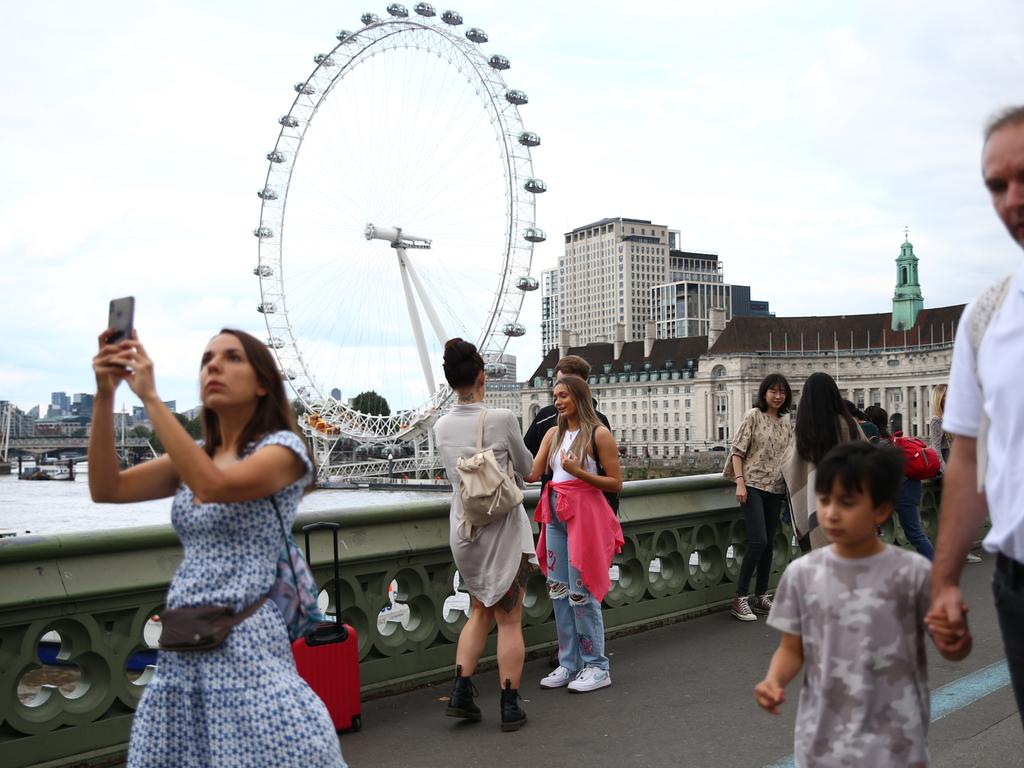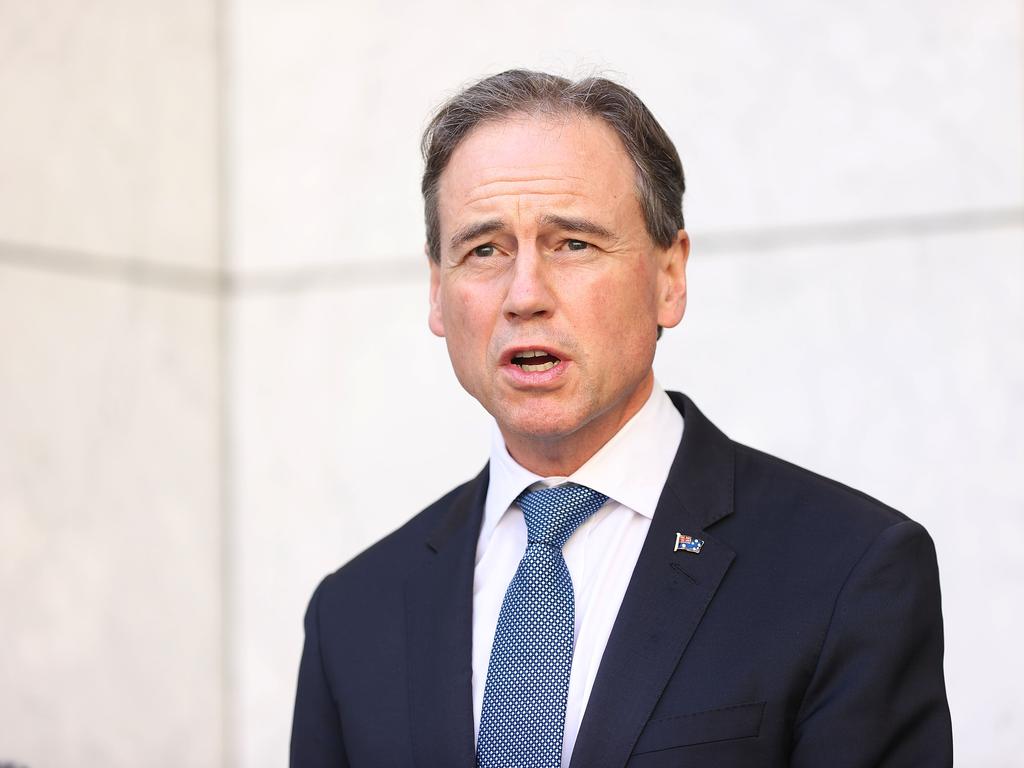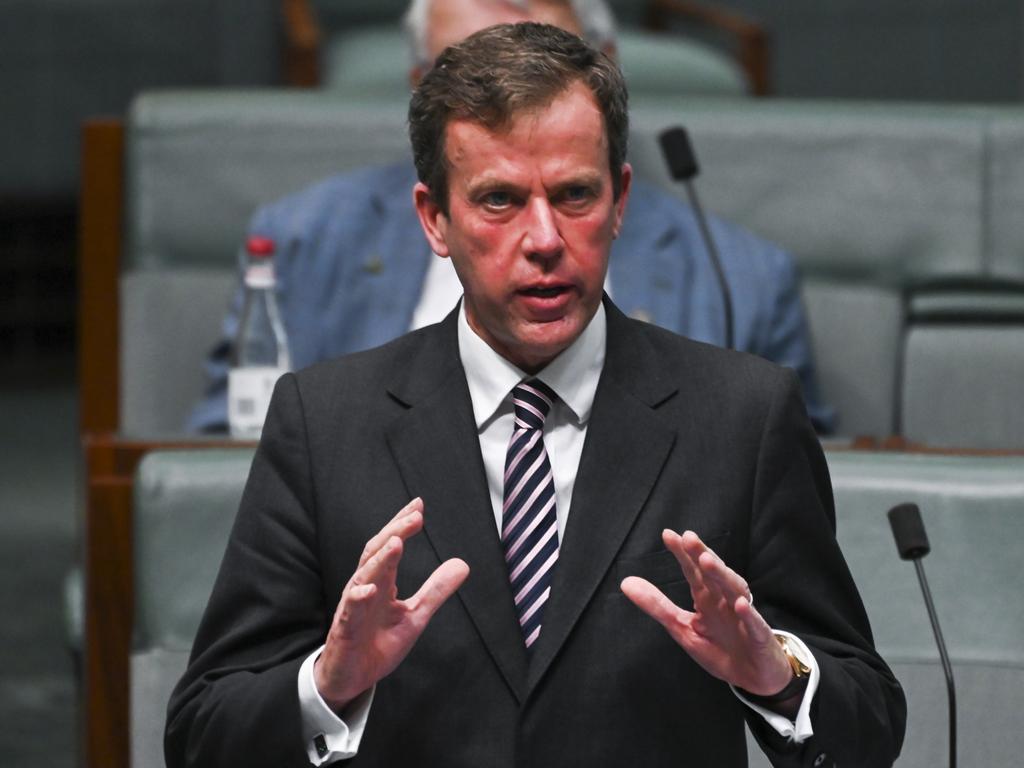Roll call begins for children’s Covid-19 vaccine rollout
The vaccine rollout has been expanded to include the nation’s youngsters, after children aged 12 and above become eligible for the Pfizer jab on Monday.

Twelve-year-old Lizzy Barber Rodger admitted to being slightly nervous as she waited to get her Pfizer jab. But when it was done she proudly announced: “I think it’s cool I got to be one of the first kids to get it.”
As children aged 12 and over became eligible for the vaccine on Monday, Lizzy was one of the first of her age in the queue at Double Bay Doctors in Sydney.
“My arm doesn’t hurt or anything now,” the Year 6 student said, shortly after her jab. “It hurt a bit but not more than a normal flu shot or anything.”
Lizzy said she was motivated by the hope that she could return to school sooner, or even get to travel overseas again for a long overdue family reunion.
“Both of my grandmas are in England and we haven‘t seen them for two years. I want to see them and they can’t come here,” she said.
“Since my mum got the vaccine, we’ve been talking about it, and decided I was going to get it as soon as 12-year-olds are allowed to.”
The Pfizer jab, which the Therapeutic Goods Administration approved for use for 12 to 15-year-olds in July after it was found to be safe and effective, is now available to the age group at GP and vaccine clinics across the country, marking the final phase of the rollout.
Sydney University infectious disease expert and paediatrician Robert Booy said the benefits vastly outweighed the risks for the age group, with trials showing the Pfizer jab offered high levels of protection and an efficacy as high as 100 per cent.
“Although the risk of Covid-19 being serious, in a teenager it’s quite low. Teenagers are independently minded, intelligent humans and can assess the evidence and decide for themselves to be vaccinated,” he said.
“It may be that they can get back to school sooner and more safely, and that has socio-economic benefits for society as well.
“I always consider safety and effectiveness, and we are in the position of knowing about the real-world evidence of over 10 million vaccinated teenagers in North America.”
Researcher and physician Nigel Curtis, from the Murdoch Children’s Research Institute and Royal Children’s Hospital in Melbourne, said vaccinating teenagers had many benefits, but he cautioned it should not be a priority.
“I’m supportive as I think the advantage of vaccination is threefold: one is it protects the individual; it’ll help reduce transmission in the community; and thirdly it helps avoid school closures,” Professor Curtis said.
“But it’s not true to say the reason to vaccinate kids is to protect adults in the community.
“We wouldn‘t want it to distract from the main message that every adult needs to be vaccinated. That’s the strongest message. It is a good idea to vaccinate adolescents, but it shouldn’t be a priority.”
Double Bay Doctors GP Jill Gamberg said her clinic had fielded dozens of inquiries from parents trying to get vaccine appointments for their children, with the practice’s waitlist for Pfizer appointments standing at 5000.
“If we look overseas, though it is still a more serious disease for the older people, it doesn’t mean younger people shouldn’t get vaccinated,” she said. “The benefits of vaccines are twofold: it means the person is protected and it means we have a herd immunity. The less chance we have that it gets into the community, and less likely any of us will get sick or end up dying.”








To join the conversation, please log in. Don't have an account? Register
Join the conversation, you are commenting as Logout